'Here & Now' Highlights: Robin Vos, Greta Neubauer, Devin LeMahieu, Melissa Agard
Here's what the Republican and Democratic members of leadership in the Wisconsin Legislature said about the state's 2023 biennial budget process, spring elections and political outlook.
By Kristian Knutsen | Here & Now
January 3, 2023
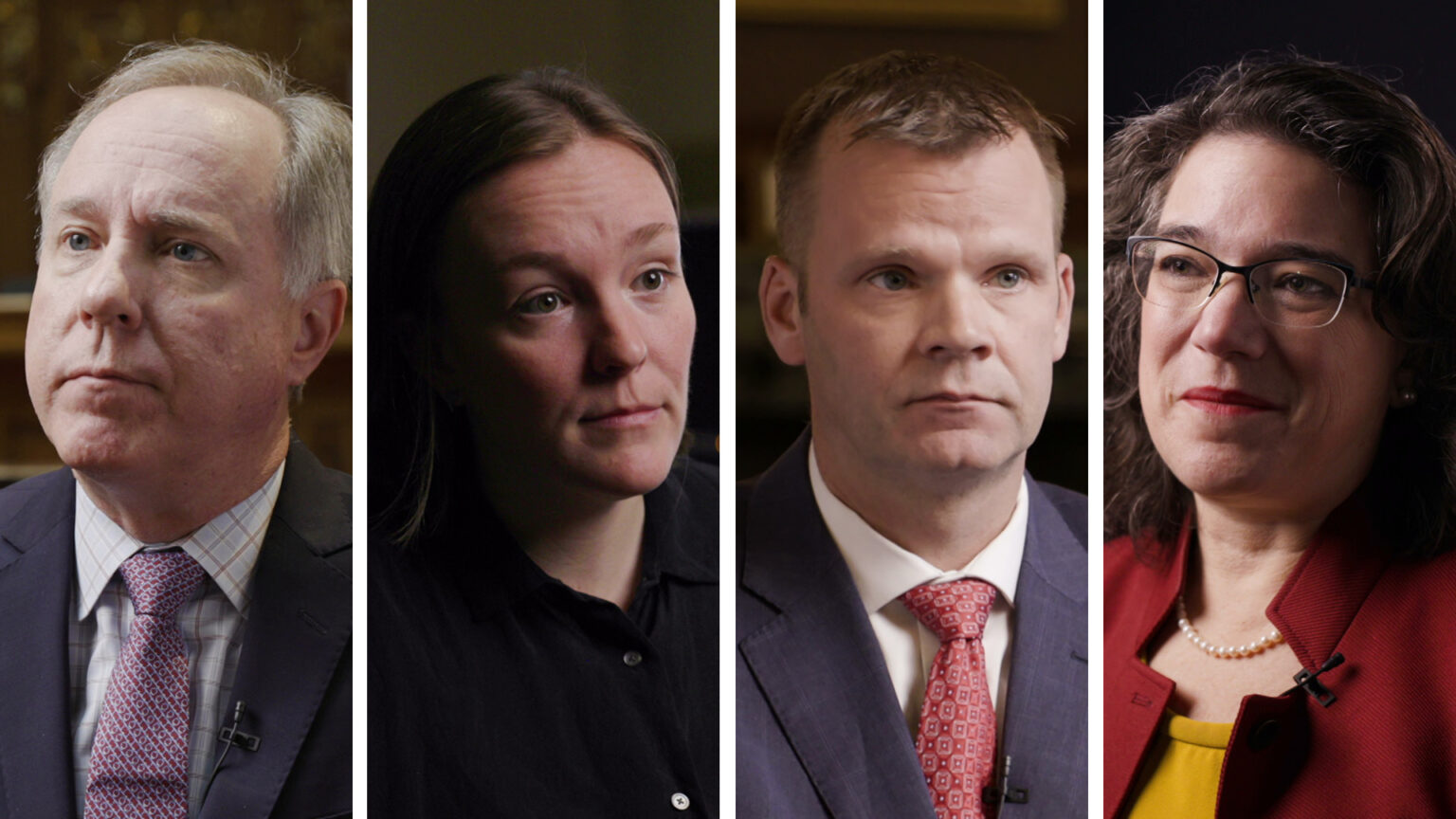
Speaker Robin Vos, Assembly Minority Leader Greta Neubauer, Senate Majority Leader Devin LeMahieu and Senate Minority Leader Melissa Agard (Credit: PBS Wisconsin)
As 2023 gets started, the Wisconsin Legislature is embarking on a new session and its accompanying budget process, while voters will be making their choices in the spring election for a state Supreme Court seat. In a series of interviews conducted in December, the top four members of leadership in both of its chambers discussed their plans for state government and their perspectives on the politics that influence their work. Assembly Speaker Robin Vos and Senate Majority Leader Devin LeMahieu, both Republicans, and Assembly Minority Leader Greta Neubauer and Senate Minority Leader Melissa Agard, shared their thoughts on budgeting, legislative districts, gubernatorial appointees and the state’s next round of votes.
Assembly Speaker Robin Vos
R-Rochester
- Wisconsin is projected to have a state surplus of more than $6.5 billion going into the 2023-25 biennial budget cycle, with this financial bounty setting up a spectrum of options for legislators and the governor. Republican leadership in the Legislature have voiced their support for significant tax cuts as part of how the surplus might be used. Alongside education policy, Vos spoke about his interest in pursuing changes to the state’s tax structure.
- Vos: “I would say in my mind, yes, we need to have tax reform. I’ve tried to be generous in saying that look, Gov. Evers signed the last budget where we had nowhere near the surplus we do now. With 3.4 billion in tax cuts — I can’t imagine under any scenario we’d have less than that. We should have more. But I haven’t drawn a line in the sand that says it has to be at this level or it must be done this way. But I will tell you the only bottom line that I have is we are not going to use the surplus or new revenues to grow the size of government, right?”
Assembly Minority Leader Greta Neubauer
D-Racine
- In the 2022 election, Republican candidates came close to winning two-thirds of the seats in Assembly, ending up just short of a supermajority in that chamber that would be required for members to readily override vetoes by the governor. Following a barrage of court battles, the state’s redistricting cycle following the 2020 Census resulted in legislative maps that were drawn to be similar to those in place over the previous decade that put in place a consequential partisan gerrymander. Neubauer decried the state’s maps while addressing the fact that there are a growing number of Democratic voters in cities and suburbs and declining numbers in rural areas over recent election cycles.
- Neubauer: “What we saw in Wisconsin this cycle is every candidate at the statewide level who ran as a Democrat get close to 50% of the vote. Some a little over, some a little under, and yet those same results yielded 35% of seats for Democrats in the Assembly. We know that this is not real democracy and that there is a path for us to have the majority if we have fair maps. We absolutely will continue to need to win voters in the suburbs, in rural Wisconsin, turn out voters in our cities.”
State Senate Majority Leader Devin LeMahieu
R-Oostburg
- Over the four years of his first term, hundreds of appointments made by Gov. Tony Evers to state agencies and boards have not been confirmed by the state Senate owing to that chamber not holding votes to confirm these individuals. LeMahieu discussed how the Republican majority plans to approach the appointment process as the governor’s second term begins.
- LeMahieu: “We’re going to treat appointments through the normal committee process. Send them to the standing committees. They’ll vet them, the committee chairs will vet them. But I think we’ve seen some of the appointments lately have seemed — from the governor — seem to be more politically charged. I don’t know if that was going into an election cycle that that happens, but we can’t have environmental extremists being appointed to the DNR board. We need a good DNR secretary because of the vast impact that the DNR has in the state of Wisconsin. So, if we’re going to confirm some of these appointments, they need to be people who are qualified and serious in these positions and not just political operatives doing the will of environmental extremists or other types of people.”
State Senate Minority Leader Melissa Agard
D-Madison
- The balance of power in the Wisconsin Supreme Court is at stake in the spring 2023 elections as the retirement of a conservative justice leaves an open seat. Four candidates are running in the Feb. 21 primary, with the top two vote-getters moving on to the spring election on April 4. Agard spoke to the high-profile nature of this vote given the closeness of many elections in Wisconsin and the potential for the state’s high court to address future litigation over redistricting.
- Agard: “This is a very important election for the state of Wisconsin, and historically, our spring elections have a smaller turnout associated with them. We do know that because of the split government that we have in Wisconsin and the history of laws being litigated up to the Supreme Court in Wisconsin over the last decade or more that the Supreme Court’s makeup really does matter and does affect the everyday lives of the people of the state of Wisconsin. I do anticipate that not just folks in Wisconsin, but people all across our nation are gonna be paying attention to the Supreme Court election.”
Watch new episodes of Here & Now at 7:30 p.m. on Fridays.
 Passport
Passport




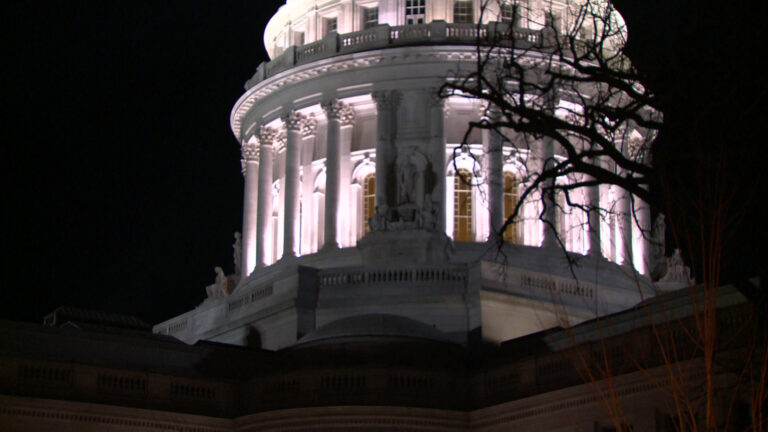
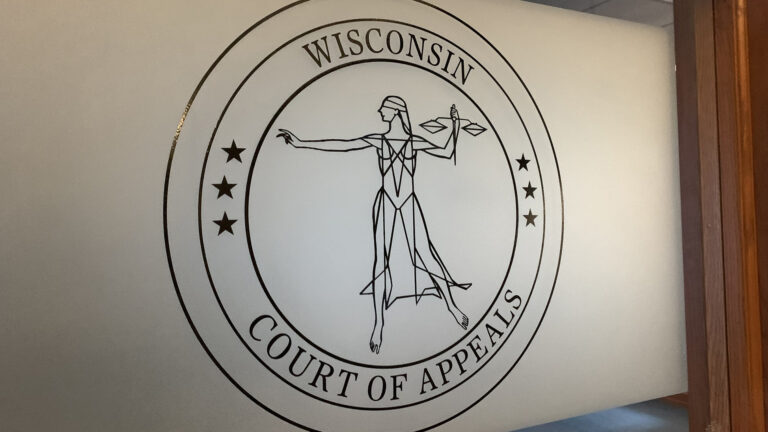
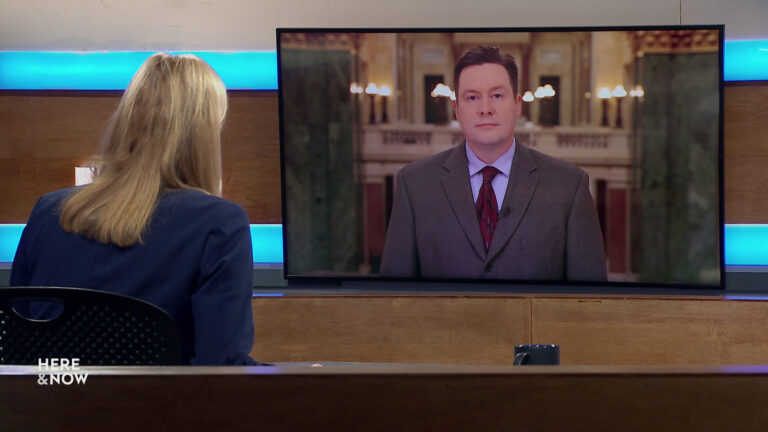
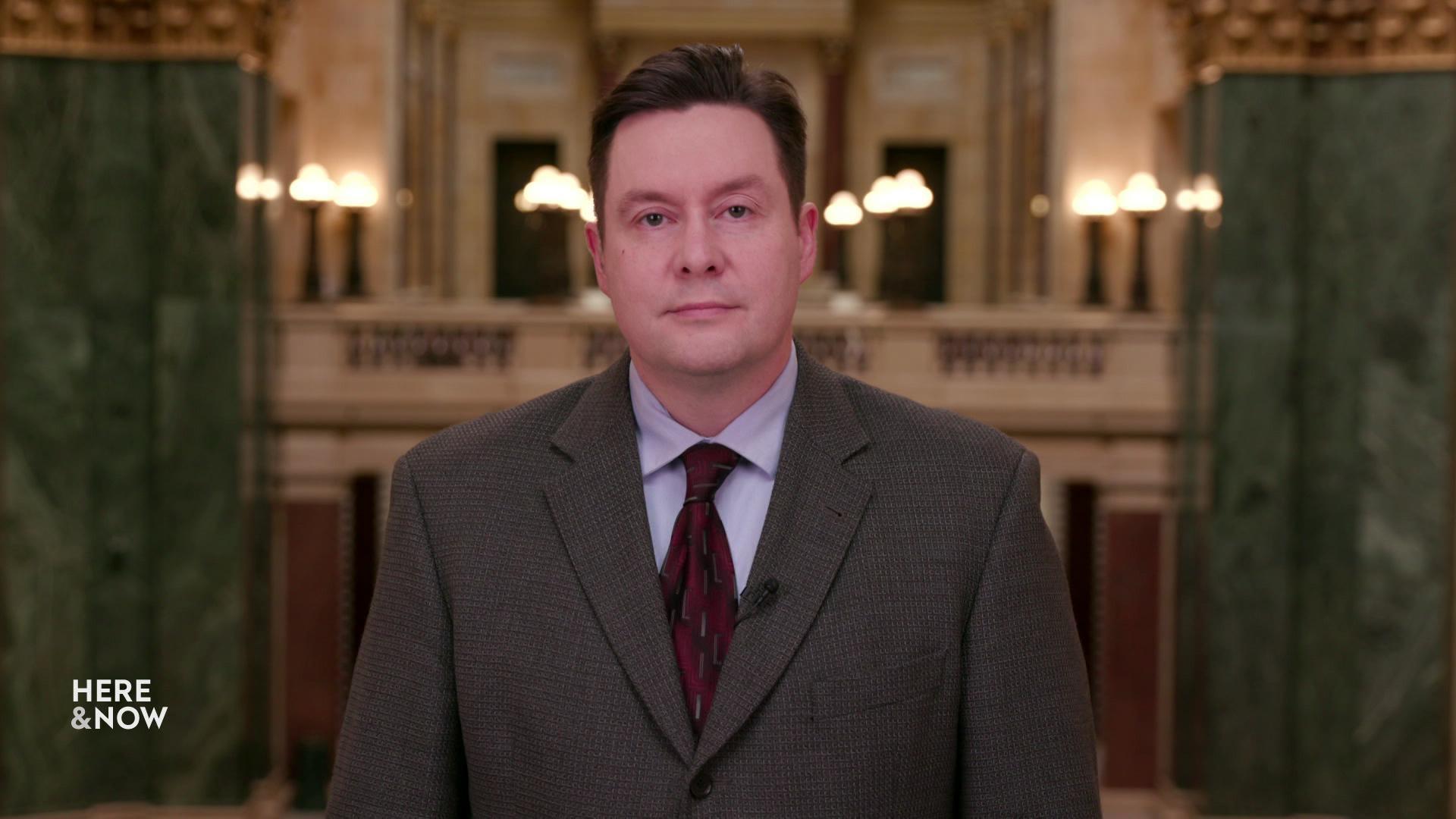
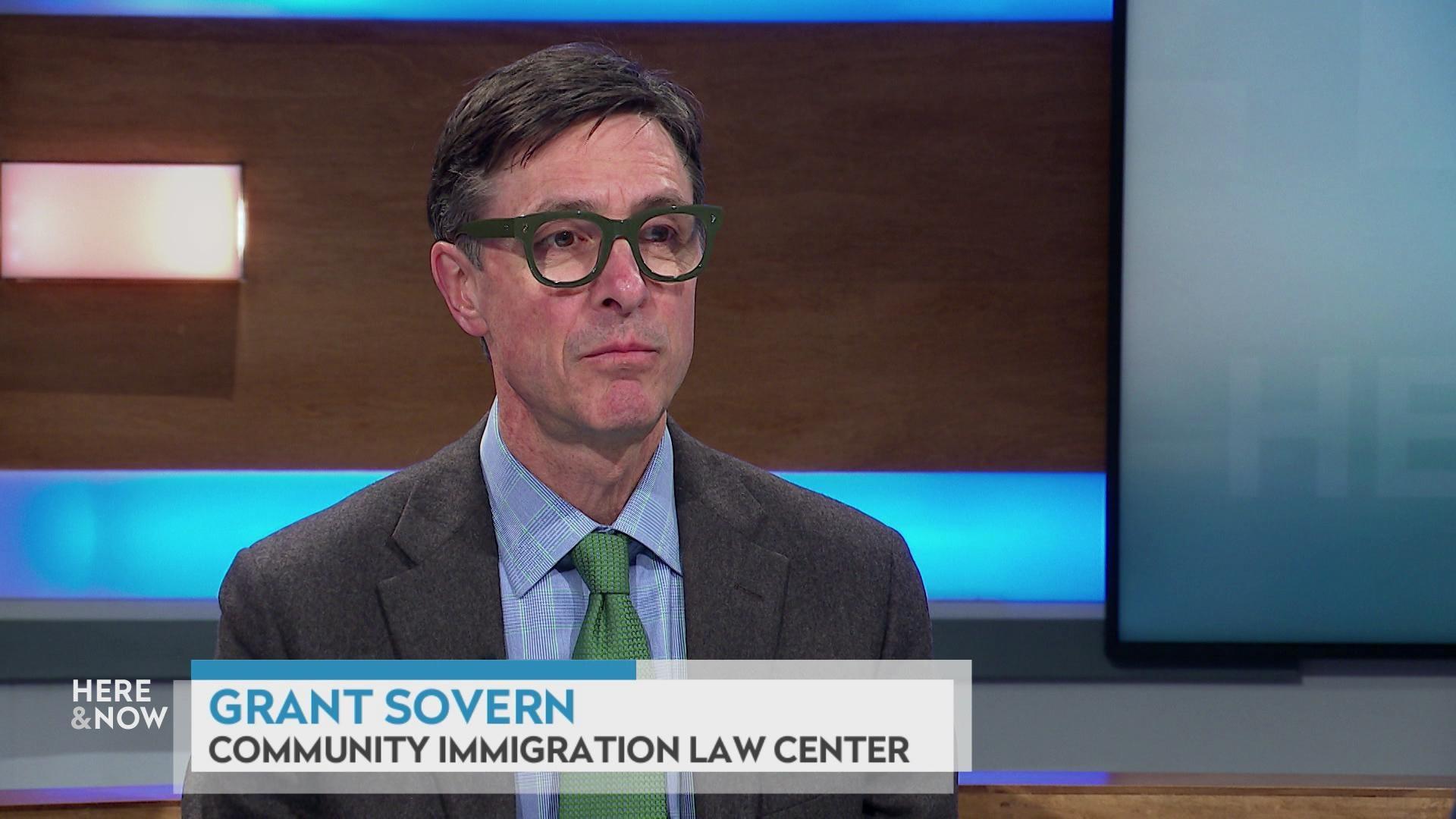
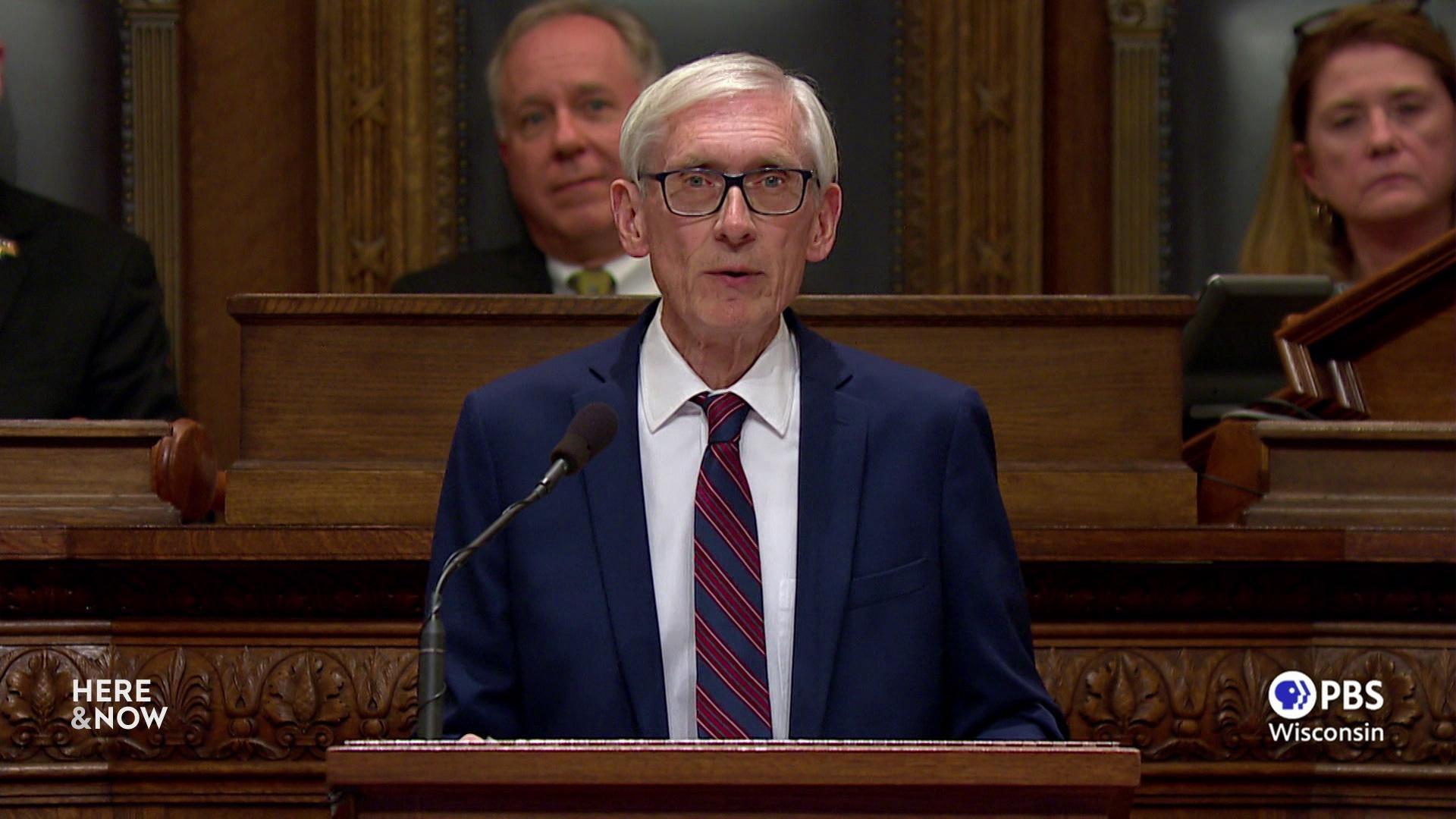

Follow Us